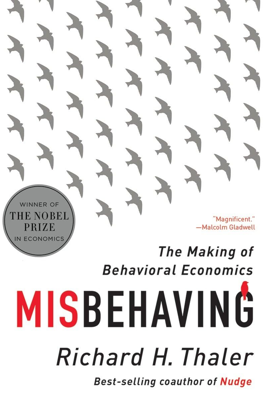The List
Exploring Patterns of Irrational Economic Behaviors
The author describes personal observations that highlighted patterns of irrational economic behaviors, contradicting traditional economic theories. These started as a list of anecdotal behaviors from his acquaintances, which demonstrated deviations from the rational model of homo economicus: - Two free basketball tickets and a decision altered by sunk costs. - Mowing the lawn despite allergies to avoid minor expenses, yet refusing a profitable opportunity due to inconvenience. - The varying willingness to save money based on the cost of items—$10 on a $45 radio versus $10 on a $495 TV. - Accepting an expensive gift gladly when one wouldn’t purchase it oneself due to financial pooling. - Limiting options for snacking to prevent indulgence, contrary to the economic assumption that more choices are always preferable.
This list, initially a casual collection of "dumb stuff people do," led the author into deeper exploration when he met psychologists Baruch Fischhoff and Paul Slovic, who introduced him to the pioneering works of Daniel Kahneman and Amos Tversky. This encounter proved pivotal, directing his focus towards systematic biases and predictable errors in human judgment as described in their paper, "Judgment Under Uncertainty: Heuristics and Biases."
Kahneman and Tversky’s research demonstrated that humans use mental shortcuts (heuristics) which, while useful, often lead to predictable errors (biases), challenging the traditional economic assumption that all errors in judgment are random and thus cancel each other out. Their insights on bounded rationality, a concept earlier outlined by Herbert Simon, illustrated that economic errors due to human cognitive limitations do not necessarily resolve in random order, hence are non-trivial and impactful on economic modeling.
This revelation was critical for economics as it acknowledged that supposedly irrelevant factors (SIFs) could significantly affect human decision-making, urging an overhaul of economic theories that had long neglected these human elements in their predictions and models. These biases systematically influence behavior, suggesting that economic models must adapt to better reflect human nuances rather than adhering strictly to the idealized rational agent model.
